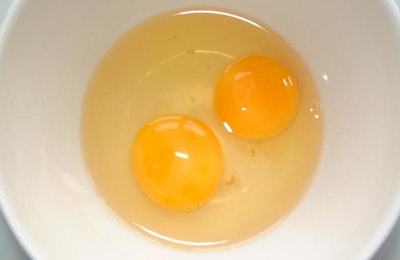
One year after a scandal in which fipronil was illegally used to treat laying hens in the Netherlands, a new and similar case has emerged.
About 73,000 eggs of Dutch origin have been recalled from stores in Germany after they were found to be contaminated with fipronil, an insecticide that is illegal for use in food-producing animals. Medical Xpress reported that the eggs in question were discovered in routine testing at a packing center in the town of Vechta, Lower Saxony.
However, the full scope and cause of the contamination remains unclear.
Six German states were affected by the recall.
Last year, millions of eggs were reported to have been contaminated, and subsequently, eggs had to be destroyed in 45 countries. The 2017 scandal came to light in the summer, but food safety officials in the Netherlands were allegedly tipped off that fipronil was being accused at poultry farms in the coutry as far back as November 2016.
Call for random egg testing in UK
The British Egg Industry Council, in a press release, stated that this latest case of fipronil contamination proves the need for further inspection of imported eggs.
“Unfortunately, we are not surprised by these developments as we have been concerned for some time that the initial issues following the product recalls we saw last year have not been thoroughly resolved,” said Andrew Joret, chairman of the council.
“With the extent of the issue unclear, we are asking the Food Standards Agency to take decisive action to protect U.K. food businesses, and are calling for random testing of all imported eggs and egg products. Food businesses should protect themselves by specifying British Lion eggs and egg products, which are produced to the highest standards of food safety, and reassure their customers by using the British Lion mark on pack.”
















